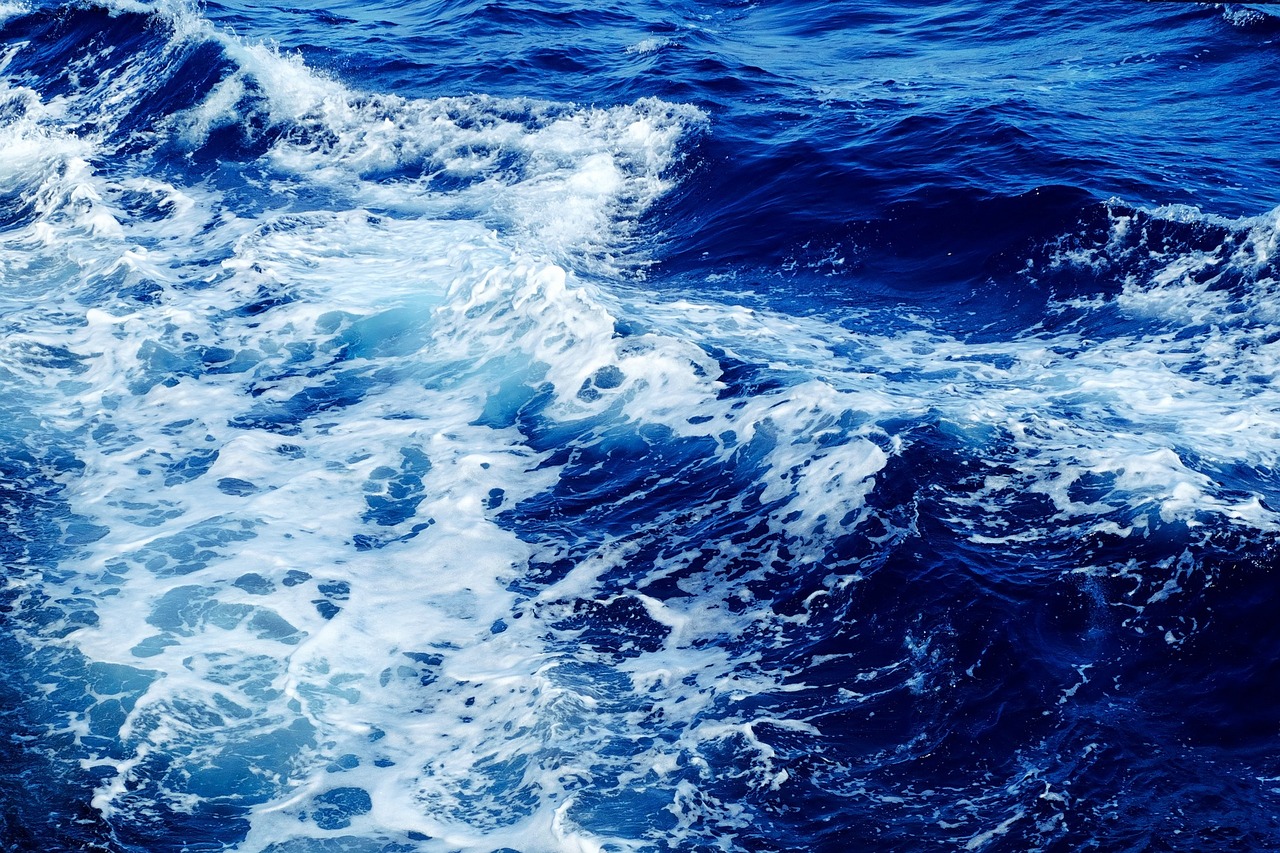
Kingston – Just days before the International Seabed Authority meets in Jamaica, seeking to continue the rush to mine the deep, New Zealand joins the growing wave of concern, declaring its support for a moratorium on the damaging industry.
The Deep Sea Conservation Coalition (DSCC) backed the move by Aotearoa taking a position that reflects the values of New Zealanders and ocean people everywhere.
The call echoes the domestic experience as well, where seabed mining has been shown to be environmentally, socially and legally unacceptable.
New Zealand now joins others taking a leadership role internationally to defend our shared ocean from destructive deep-sea mining.
Next week, the International Seabed Authority’s member states will meet in Kingston, Jamaica for two weeks, to negotiate deep-sea mining rules and regulations that, if agreed and adopted, could see commercial extraction begin in the deep sea as soon as 2023.
The Clarion Clipperton zone, between Hawaii and Mexico has been targeted for the first commercial deep-sea mining in international waters. The area contains some of the least understood ecosystems on the planet,
Fore3ign minister Nanaia Mahuta has warned deep-sea mining could cause irreversible changes to this environment and have a significant impact on its biodiversity.
The DSCC, which represents more than 100 non-government organisations, will be present in Jamaica throughout negotiations, calling for a moratorium on the industry.
The sea mining industry is facing a surge in backlash from a broad spectrum of society, including governments, almost 250 parliamentarians from more than 50 countries, scientists, businesses, civil society organizations and communities across the world.
Over the last decade the New Zealand government has faced three legal tests for seabed mining in its national waters under the exclusive economic zone and extended continental shelf act.
Antarctica was saved from mineral extraction at the 11th hour by the Madrid Protocol, effectively banning mineral extraction on the continent 30 years ago on the eve of its opening to mining.

